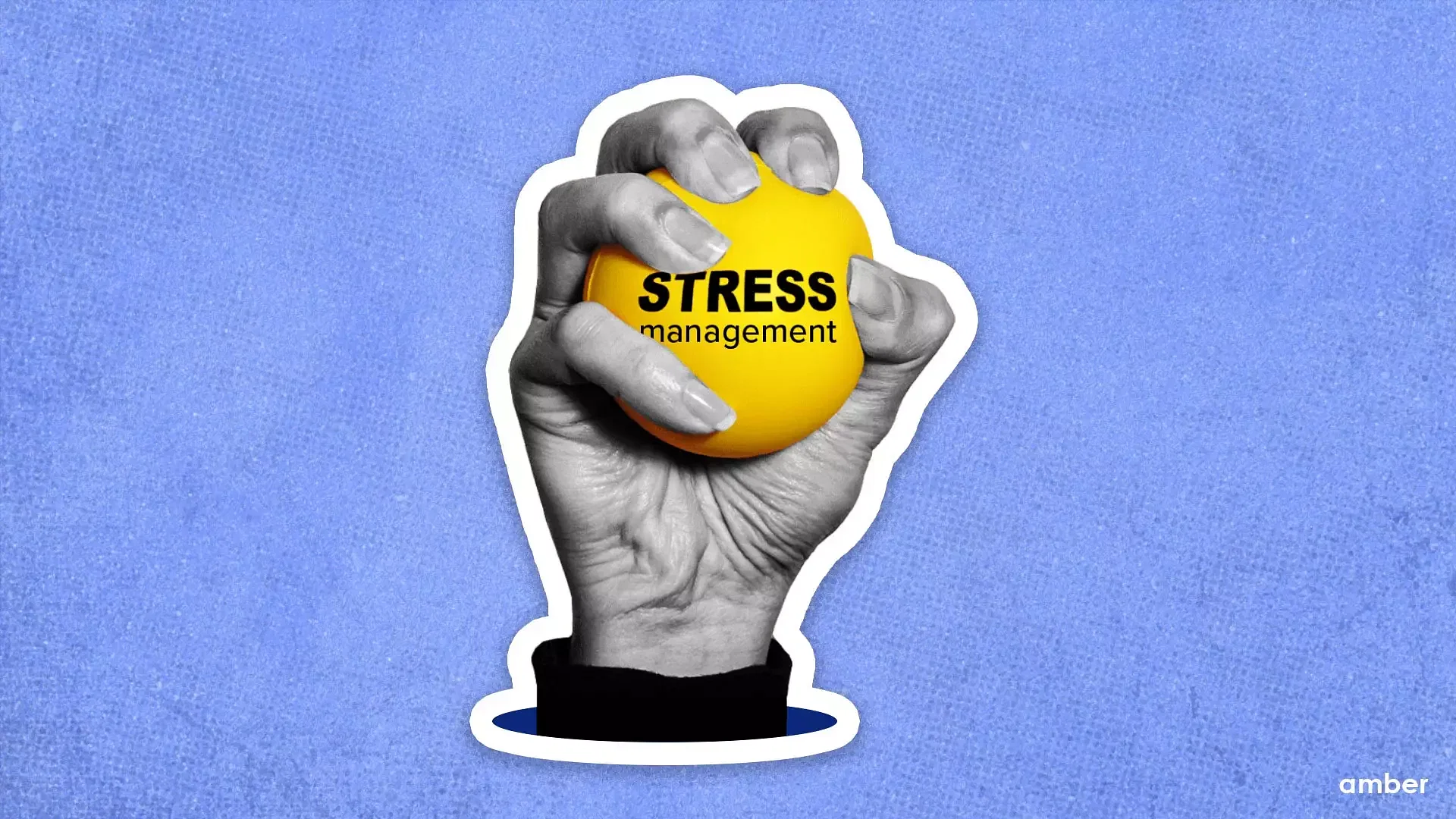The Benefits of Regular Physical Activity for Mental and Physical Health
Discover how regular exercise can enhance your mental and physical well-being.
Step 1: Understand the Connection Between Physical and Mental Health
Physical activity has been proven to improve mental health by reducing stress, anxiety, and depression. It
increases the release of endorphins, the body's natural mood lifters.
Pro Tip: Exercise can act as a natural antidepressant, boosting your mood and helping you feel more
energized.
Step 2: Choose Activities You Enjoy
To stay consistent, choose physical activities that you enjoy. Whether it’s jogging, swimming, dancing, or
yoga, finding something you like will make it easier to stick to a routine.
Pro Tip: Start small and gradually increase the intensity or duration as you build stamina and confidence.
Step 3: Make Physical Activity a Daily Habit
Consistency is key when it comes to reaping the full benefits of exercise. Aim to incorporate some form of
physical activity into your daily routine, even if it's just for 30 minutes a day.
Pro Tip: Set a specific time each day for your workout to make it a non-negotiable part of your schedule.
props.adsense_in_article_ads
Step 4: Incorporate Strength, Cardio, and Flexibility Training
A balanced fitness routine should include strength training, cardiovascular exercise, and flexibility
training. These components work together to improve overall health and well-being.
Pro Tip: Strength training can help build muscle mass, improve metabolism, and increase bone density.
Step 5: Monitor Your Progress and Set Realistic Goals
Tracking your progress helps you stay motivated. Set achievable fitness goals that align with your physical
capabilities and make adjustments along the way as you progress.
Pro Tip: Use fitness apps or wearables to track your workouts, monitor heart rate, and keep a log of your
improvements.
Step 6: Don’t Forget Rest and Recovery
While exercise is important, recovery is equally vital. Rest days allow your muscles to repair and grow,
preventing overtraining and reducing the risk of injury.
Pro Tip: Make sure to get enough sleep and consider stretching or practicing yoga on rest days to improve
flexibility.
Step 7: Fuel Your Body Properly
Nutrition plays a crucial role in supporting your exercise routine. Fuel your body with a balanced diet that
includes adequate protein, carbohydrates, healthy fats, and vitamins.
Pro Tip: Eat a healthy snack or meal after exercising to replenish your energy stores and aid in muscle
recovery.
Step 8: Stay Hydrated
Staying hydrated is essential for maintaining optimal performance during physical activities. Drink water
before, during, and after exercise to prevent dehydration.
Pro Tip: If you're engaging in intense exercise, consider drinking electrolyte drinks to replenish lost
minerals.
Step 9: Consult a Healthcare Provider if Necessary
If you have any underlying health conditions or are new to exercise, consult your healthcare provider before
starting a new fitness program. This ensures that your chosen activities are safe and suitable for your
needs.
Pro Tip: Don’t hesitate to ask for a fitness assessment or a tailored plan from a professional if you need
guidance.












